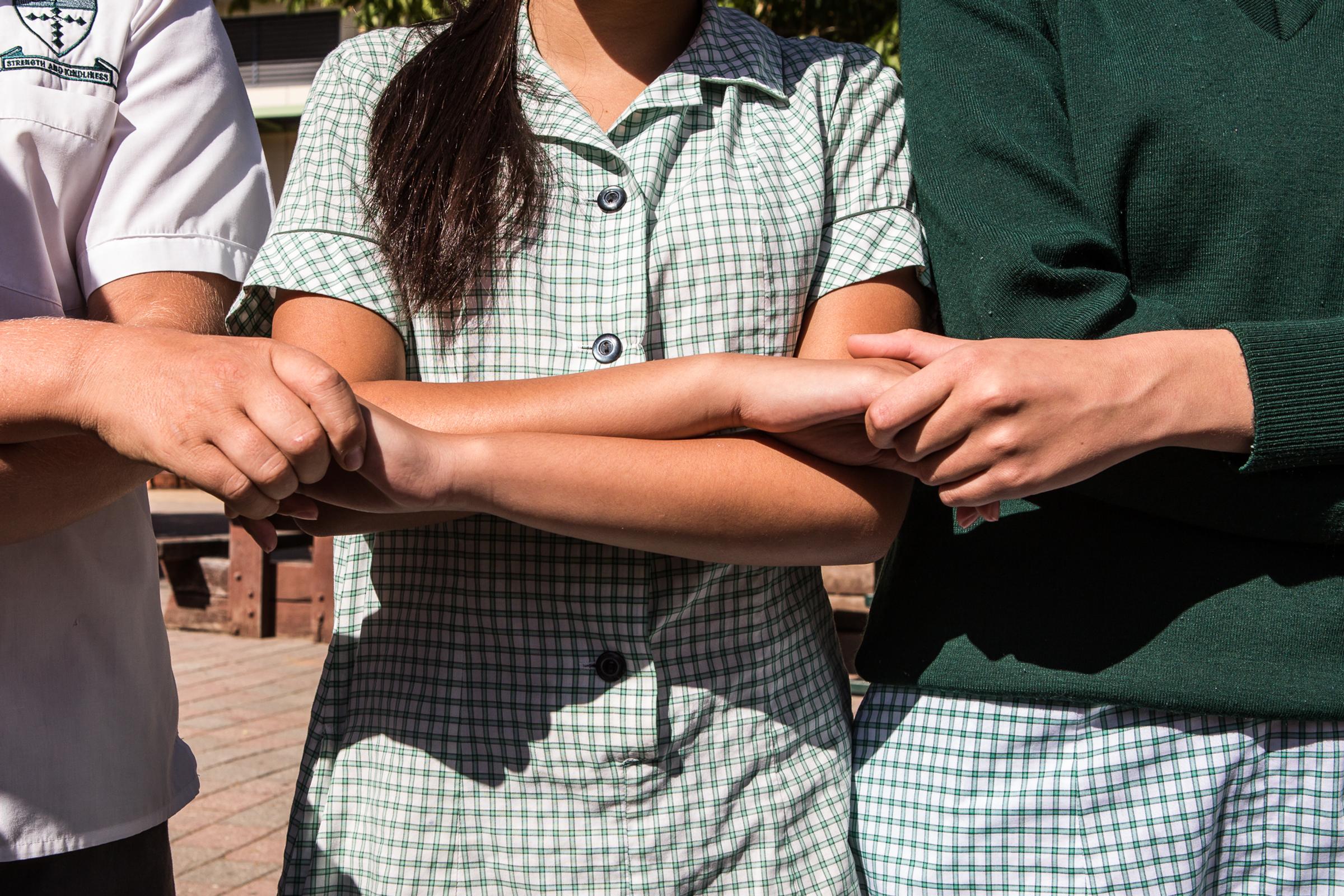Pastoral Care and Wellbeing News

In our last newsletter, we focused on ‘Sleep’. This time, we are looking at ‘Study Tips’ that are particularly helpful as we continue our remote learning until the specified dates of return.
Learning from Home Study Tips
We’re almost there! We now know when we will be returning to on-campus learning. This may be exciting for many, and perhaps less so for those who may have enjoyed learning in their own environment.
Regardless, we are so proud of all of our students, families and staff for taking on this challenge. It hasn’t been easy! All of us at St. Joseph’s are excited to see you all again very soon.
It may feel like it’s only you, however it’s not unusual to feel that it’s been hard to concentrate, to stay motivated, and to find a good routine, as well as to learn and produce the usual quality work. Some days may feel easier than others. Remember to be kind and patient with yourself – you’ve been operating in new and unfamiliar circumstances. We know you’re trying your best and it’d be unreasonable to expect this to be easy.
Here’s a few strategies to keep in mind while we complete our ‘last leg’ of learning from home.
Try to implement the small things that can make a big difference:
Take mini breaks regularly: 15 minutes per hour is ideal.
Use your breaks wisely to refresh your mind and get some fresh air. Move away from your study space.
Set a timer to help with your routine/breaks as if it were the bell at school.
Dedicated school space: Have a dedicated desk/spot for your study.
Prioritise sleep: Don’t allow your phone/friends to wake/keep you up.
Be active: It helps concentration, even 5 mins (a walk, backyard skipping rope, inside star jumps, stretching).
Do one thing at a time: Make a list of what you need to do, though only do one thing at a time. Otherwise it’s overwhelming and hard to start.
Break each task up so that it feels smaller and more achievable (Math task 1, English task 2). Each task can have its own to do-list (Q’s 1-5, 6-10 or paragraph 1, paragraph 2) .
Focus on starting rather than finishing. Each time you start, you’re closer to finishing.
Keep track of your winnings: Each day, note three things you did well with/enjoyed/surprised yourself with/learnt/improved on – no matter how small. There’s so much evidence proving how good this is for us.
Be specific when asking for help: Rather than saying ‘it’s all hard’, identify exactly which part you’re having trouble with (do the same for the next part after that), so that you can get feedback that’s helpful.
Don’t focus on being behind: It makes you feel more flustered and doesn’t help. Acknowledge you are behind (don’t spend time sweating on it) and make a plan. Just start with something.
Focus on the task: Focusing on passing or failing doesn’t help. Just put what you can together and keep going small step by small step.
Be fair to yourself: Being hard on yourself only adds pressure
Be a Mate ~ Be Kind on May 8 (and beyond!)
On May 8 ‘Do It For Dolly Day’, we focused on the importance of kindness and the amazing impact of even the smallest gestures of kindness. Acts of kindness, being a great friend and helping others are gestures we encourage all year around. We have asked students in their LM's to discuss acts of kindness they have undertaken, observed or been the recipient of.
SchoolTV
During this time of Coronavirus, many of us have experienced a variety of emotions ranging from fear to anxiety. All of these are considered to be normal and natural responses to any challenging situation that can often result in our minds telling us all kinds of scary stories. This can be especially true for teenagers and senior students for whom ‘what if’ stories will often predict the worst.
Adolescents are considered to be more at risk of anxiety and depression disorders which may affect their mood, thinking and behaviour. Although this is completely understandable given the current situation, any unusual behaviour that lasts for more than 2-3 weeks, may be a cause for concern. Adult carers need to remain vigilant for any signs of distress, even though your adolescent may not have any prior history of mental illness. Early intervention, diagnosis and treatment have never been more important.
If you do have any concerns relating to your teenager’s mental health, you may wish to consider using the assessment tool provided by Beyond Blue. The checklist aims to measure how your teen has been feeling over the past four weeks. After completion, the results can be printed for your records, or alternatively, provided to your medical practitioner.
The link for SchoolTV and this special report on Wellbeing is available on PAM/SIMON, our website and below.
Don’t forget to check out the range of special reports and resources available on SchoolTV. We would also love to hear your feedback!
https://sje.vic.schooltv.me/launch
